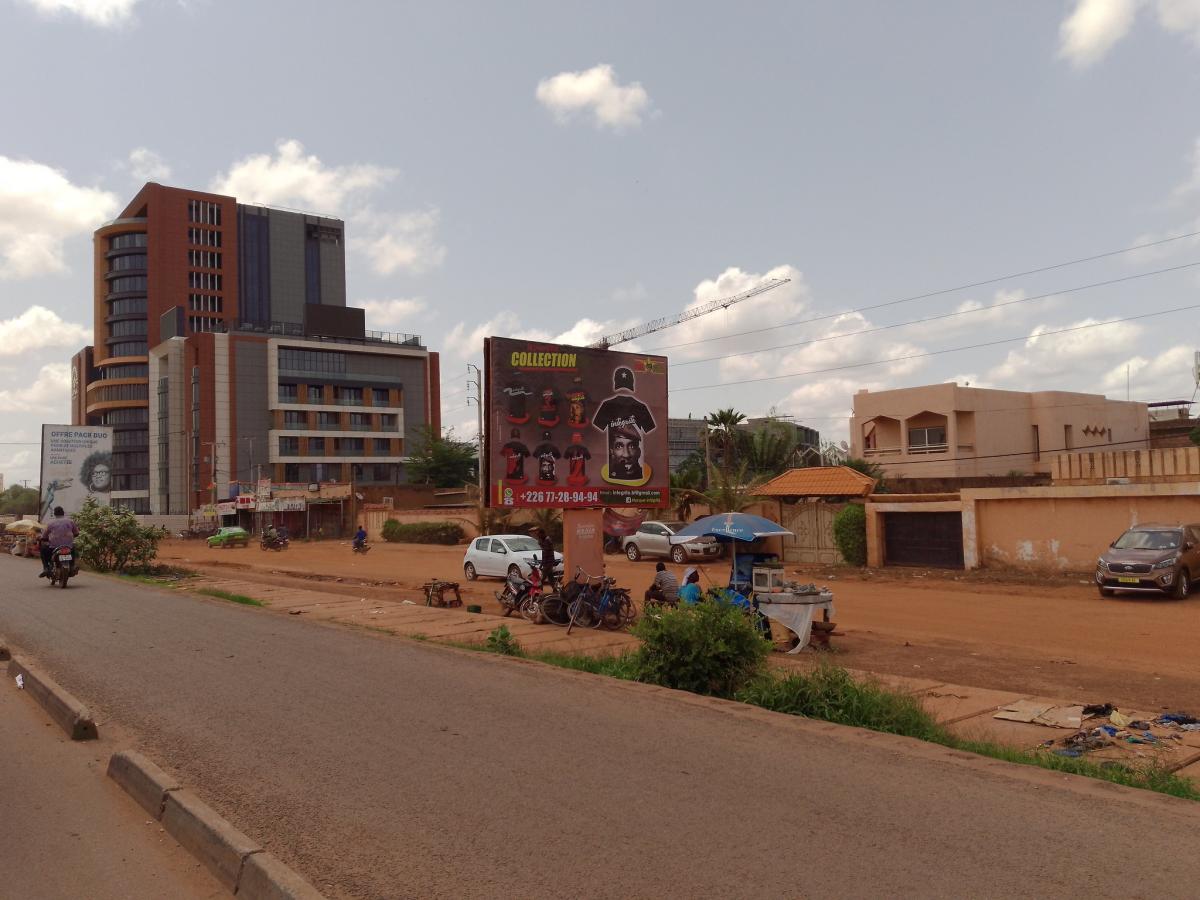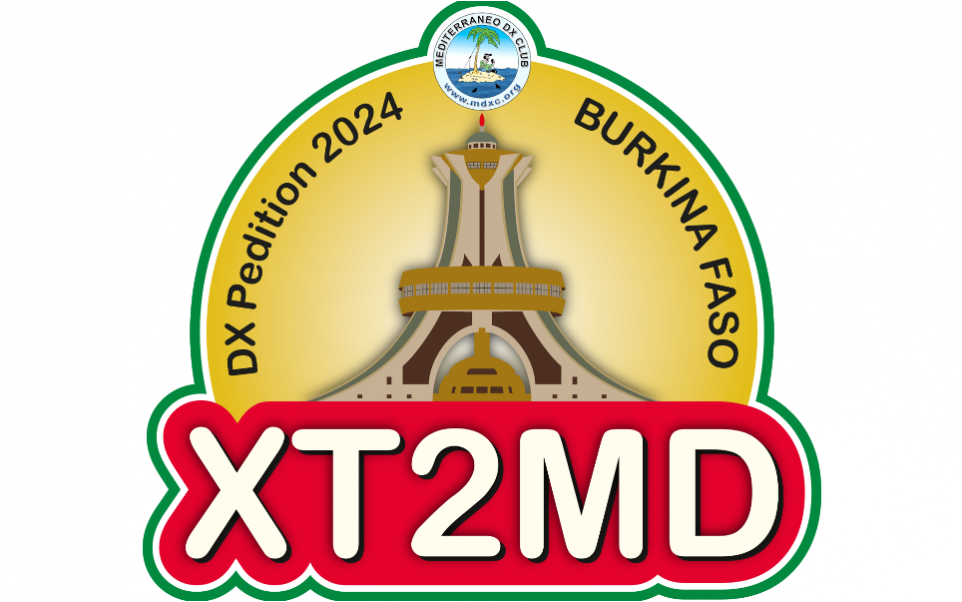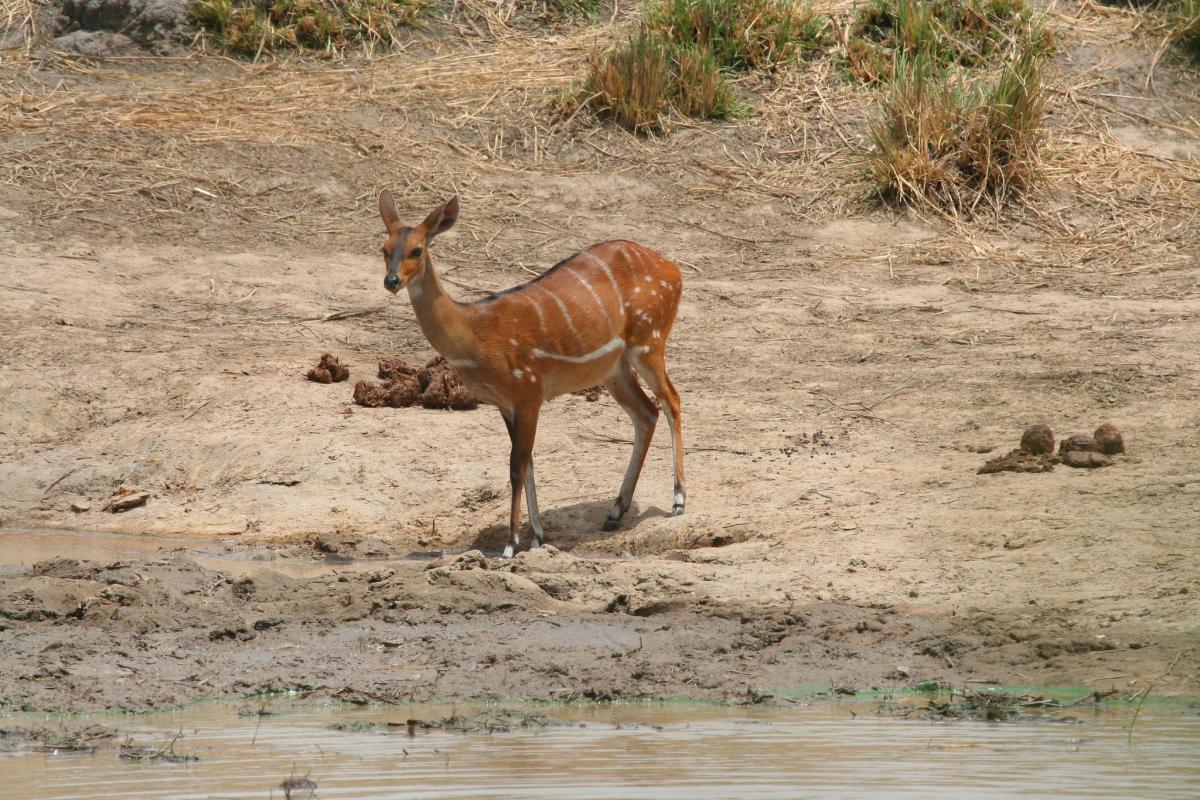XT2MD Team will be active from Burkina Faso, 31 October - 11 November 2024.
Team - I8KHC, IZ4UEZ, IZ2GNQ, DL8JJ, OK2WX, HB9TOC, IU3PMA, F6IRA, YO8PS, DJ5IW.
Recent DX Spots XT2MD
XT2MD Log search They will operate on HF Bands and EME.
QSL via IK2VUC buro or direct.
Waiting for a miracle: Burkina Faso
Home of honest people - that's how the name of this African country translates. Burkina Faso is located in West Africa and borders six neighbors at once, landlocked. Despite its exotic name, the country is almost unknown in the international arena, does not attract tourists and gets into the news portals only during the next coup or civil unrest.
Like many other African countries, Burkina Faso has an exciting past and an eerie present. The country has gone through a series of wars of independence, devastation and poverty: to this day, 90% of the population of Burkina Faso lives below the poverty line. Almost half of them have AIDS, and the average life expectancy, according to Red Cross calculations, does not exceed 45 years.
And yet Burkina Faso is an amazing place, where hopelessness borders on hope for a bright future, and piercing poverty is juxtaposed with hospitality. Welcome to Burkina Faso: the African homeland of honest people.
 Burkina Faso. Author - Antequerra.
Burkina Faso. Author - Antequerra.
At the center of the hurricane: history
The history of this place goes back to antiquity, when the entire African continent was inhabited by nomadic tribes. The modern territory of Burkina Faso then belonged to the Mosi tribes, who were characterized by a warlike temperament and quickly drove out all competitors, forming a semblance of an independent state (Yatenga). It continued what might be called an "expansionary policy" and by the 17th century had conquered most of West Africa.
At the same time, Africa stepped into the colonial era. The West Coast caught the eye of the French mission: by the 19th century, the territory of present-day Burkina Faso had been completely conquered by France and incorporated as the overseas possession of Upper Volta.
The colonizers did not take into account the temperament of the local population: unlike neighboring states, a resistance (African Democratic Union) was formed here almost immediately. Its members called for throwing off the colonial yoke and speaking with a united front for the sake of independence. However, this organization did not achieve any success.
But in the mid-20th century, under international pressure, France was forced to recognize the partial independence of the Upper Volta. The country received the right to self-determination, its own parliament and constitution. It is not difficult to guess that as a result, Upper Volta declared its own independence in 1960, becoming the first West African country to move away from its colonial past.
It must be said that French colonies have always been characterized by a particularly keen desire for independence - this can be traced in all former French possessions. Whether France's excessively cruel policy towards the local population is to blame, or whether this is just a coincidence, remains to be seen.
Upper Volta was renamed Burkina Faso and prepared to face a bright future. Which never came: the country has gone through dozens (if not hundreds) of coups, revolutions and seizures of power. The most recent conflict in Burkina Faso was in 2015, when the presidential palace was seized by the Guardia a week before the upcoming elections, and incumbent members of parliament were put under arrest.

XT2MD. Burkina Faso. DX Pedition Logo.
The vast savannah: nature and climate
Burkina Faso is almost entirely located on the African plateau of Mosi, which rises above sea level by 500 meters. The relief of the country is monotonous, flat: only rarely can be found hills no more than 100-200 meters high. But there are a lot of rivers: more than 20, of which the largest are considered the White and Black Volta.
However, in the dry season Burkina Faso still faces a lack of drinking water: most of the rivers are shallow or dry up altogether. All this, taking into account the geographical peculiarities of the location, clearly does not favor the richness of plant life: it is quite scarce here. Grassy savannah predominates, occasionally you can meet single trees - wood is considered a scarce material in Burkina Faso, so most of the forests here have already been cut down.
The fauna is not diverse either, and the local population has also had a hand in this. Lions, leopards, elephants and buffaloes are a valuable commercial source, and no conservation measures help. The only place in Burkina Faso where the animals can feel at ease is the W National Park, on the very border with Benin.
 Burkina Faso. Author - Jean Michel.
Burkina Faso. Author - Jean Michel.
A brutal reality: prospects for the future
Burkina Faso now lives on humanitarian aid. There is a lot of it, a lot - but the locals think it is not enough. In fact, two generations have been brought up here who are not used to working for the good of their homeland, waiting for another handout from good Europe. Of course, there is no question of any tourism: the country lives from coup to coup, few historical monuments are destroyed, and there is practically no infrastructure.
Meanwhile, Burkina Faso is one of the richest regions in the world. The reserves of gold, copper, titanium, nickel and precious stones are enough to feed the entire western region. We can only hope that in time they will stop relying on international aid and start building a real state of truly honest people.

